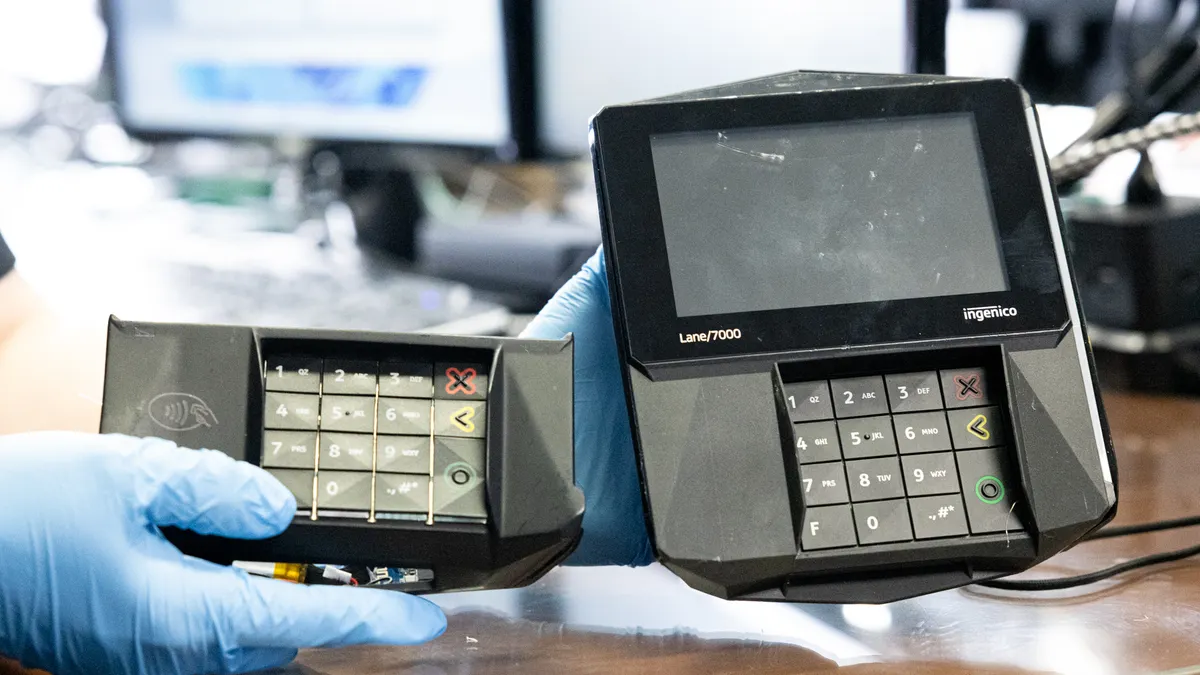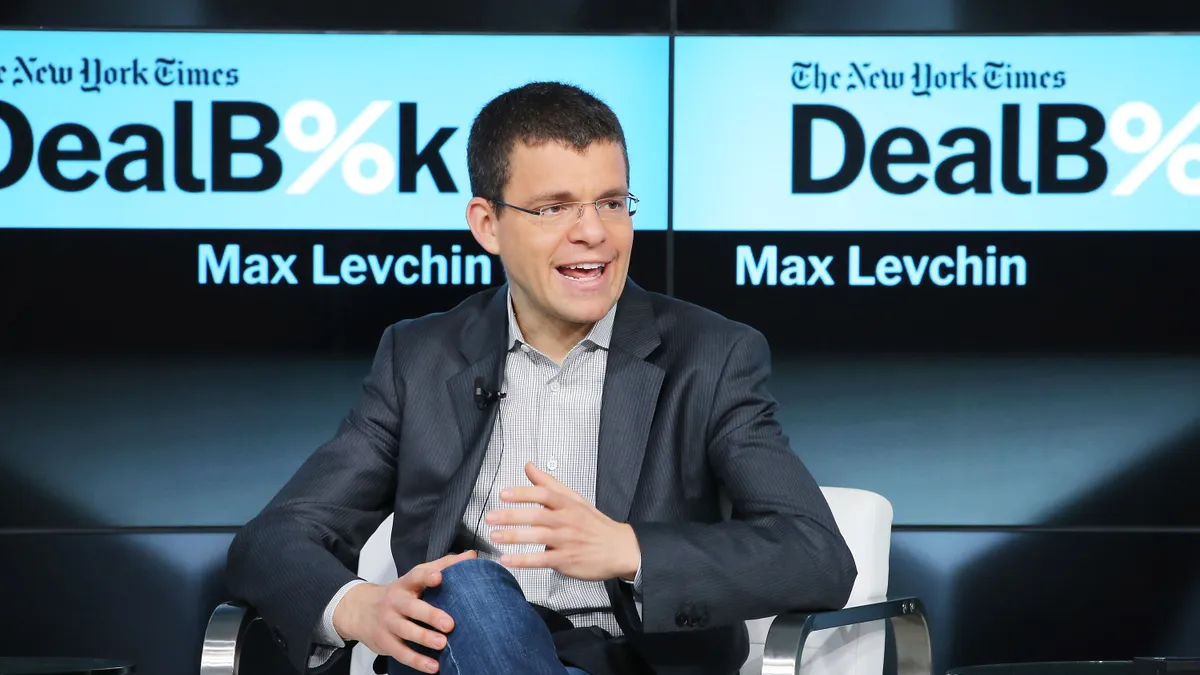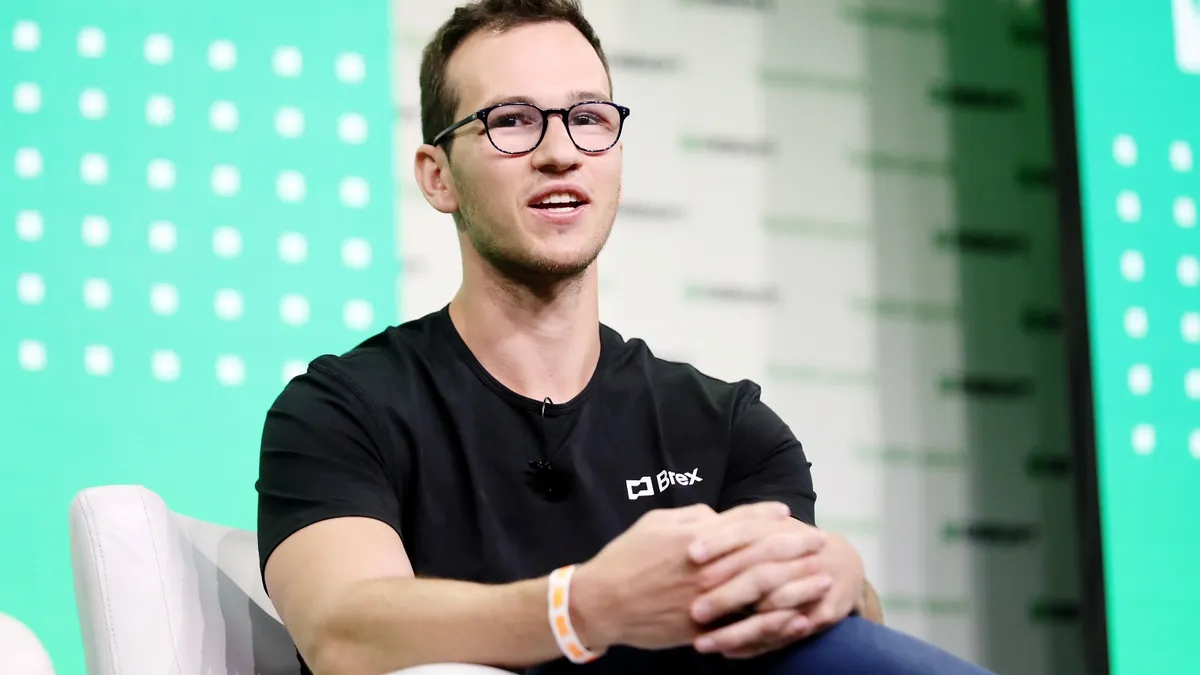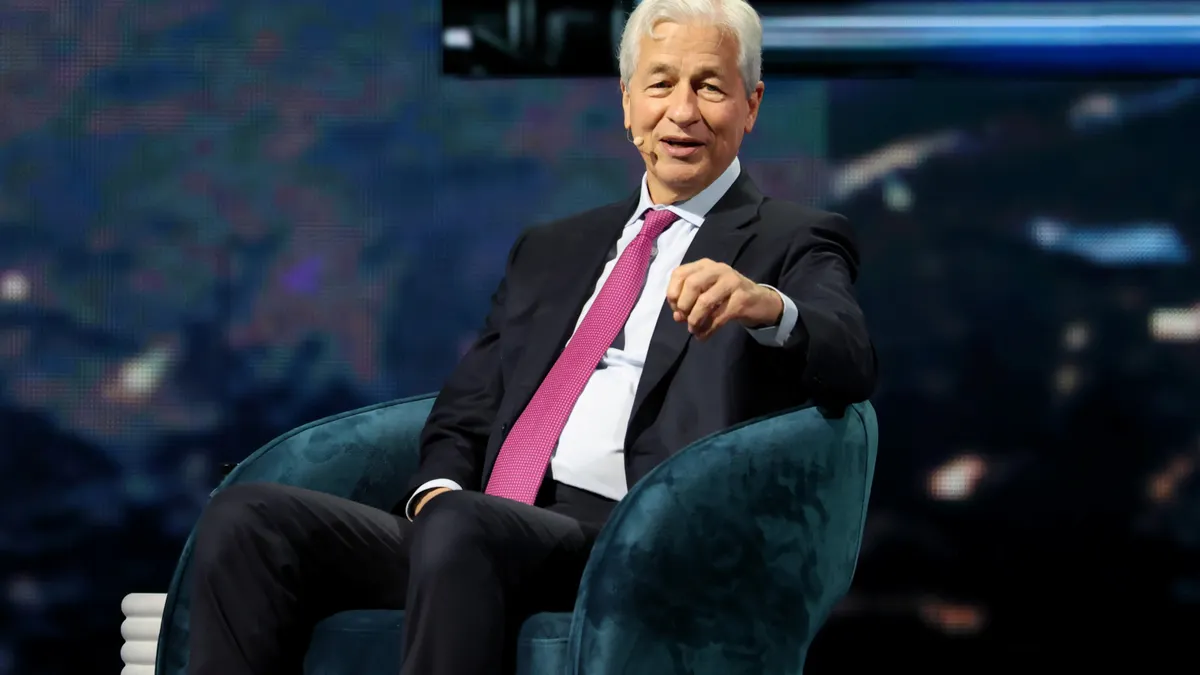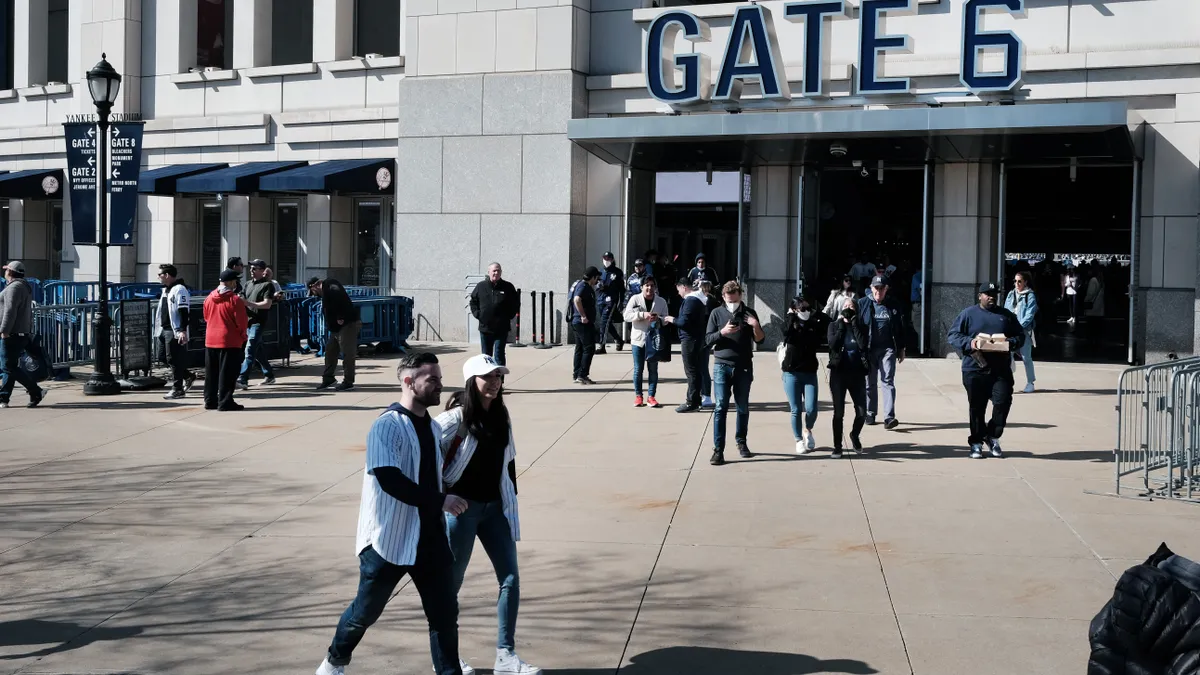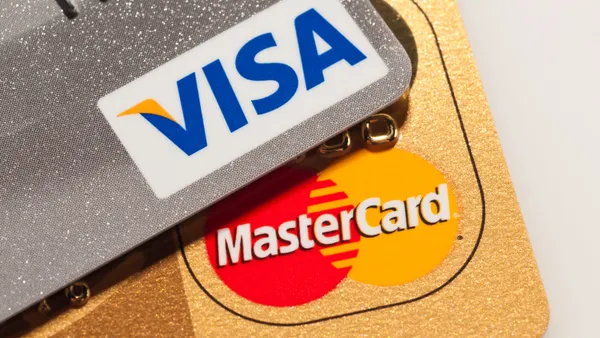As the early wage access industry gains ground among hourly and gig workers, a new report from Harvard University sheds light on the industry’s impact on low-income earners and consumers.
In a June 2023 report, Harvard researchers surveyed more than 1,000 people who used earned wage access programs, either through their employer or directly with an EWA provider. The study was conducted by Marshall Lux, senior researcher at Harvard Kennedy School, and Cherie Chung, a research assistant also at the school. They aimed to explore the rise of earned wage access services and American households’ “short-term liquidity crunches.”
They surveyed people via Providers, an app that serves more than five million low-income Americans on government benefits. More than 80% of respondents were gig workers or worked in hourly-wage jobs, and nearly all of them (93%) had credit scores under 670, according to the report.
The survey found that 41% of respondents had access to an EWA program through their employer, and 40% use these services at least once a week. Meanwhile, more than 60% of respondents said they had used a direct-to-consumer earned wage access app.
How users see fees
The survey offered insights into how much low-wage workers rely on the services. More than a quarter of respondents (26%) estimated that they spent more than $300 in fees on payday loans, auto title loans, pawn loans, overdraft fees and tax-refund-anticipation loans over the past 12 months. The next biggest percentage group, 22%, said they spent between $101 and $200 in fees and 21% spent between $26 and $100.
While four in ten respondents said their early wage access app doesn’t charge a fee while 42% said they had to pay a small fee each time they used it.
While the fees for early wage access apps appear to be small, they can add up after repeated use, the survey showed. More than a quarter (28%) of respondents to Harvard’s survey said they spent $3, on average, per EWA request, which was the highest percentage category. The next biggest group, 26%, said they paid more than $10 per request, on average.
Over seven in ten respondents said they’ve never taken out more than one loan at a time, using multiple apps.
Anecdotally, Harvard survey respondents noted the benefits of earned wage access apps, such as the ability to pay for gas, food or emergencies in a financial bind. However, they also pointed to high fees for using these services, overdraft charges they triggered and the cycle of repeatedly borrowing money as a downside to using them.
Among the positives they shared with researchers were budgeting and credit repair advice offered by some apps; some apps offering low fees; and reduced financial stress. However, the respondents also listed negatives such as multiple services withdrawing their entire paychecks; funds withdrawn without their permission; and not being able to repay a loan after losing a job.
Though researchers noted that these services could present low-income consumers with a “win-win opportunity for employees and their employers,” they also described the overdraft fees and opaque pricing models as “alarming.”
EWA attracts CFPB attention
“Given the rapid growth of the market and the vulnerability of users, the [Consumer Financial Protection Bureau] must take steps to eliminate regulatory uncertainty and establish fair standards across the industry,” the Harvard researchers wrote. “Comprehensive investigation, regulatory oversight, and a level playing field for innovation are crucial to safeguard vulnerable hourly workers and ensure responsible implementation of [earned wage access].”
The earned wage access market has faced regulatory scrutiny and could see more guidance in the future, particularly on whether EWA services are treated as credit under regulations.
In the interim, EWA providers working with employers and delivering their services in conjunction with payrolls, have tried to distinguish themselves from direct-to-consumer EWA providers.
In Harvard’s recent report, the researchers noted that the CFPB could use its supervisory authority to compel EWA companies to share more information about their practices, which could inform their regulatory policies. They also recommended the rollout of data usage and privacy standards to protect sensitive employee information.
Previous research suggests that workers have increased their usage of early wage access apps over time. A 2021 report from research firm Aite-Novarica estimated that workers accessed $9.5 billion in 2020, up from $6.3 billion in 2019 and $3.2 billion in 2018.
“As EWA rapidly spreads across the rest of the world and in emerging markets, and more players emerge, self-regulation will not be enough,” the researchers wrote in the report. “Public oversight in the areas that we suggest above are necessary to ensure an innovative industry that benefits employers and employees equally.”
State action on EWA
While the CFPB contemplates new guidance for the earned wage access industry, some states have passed laws governing EWA companies in their state.
In June, Nevada Gov. Joe Lombardo signed an early wage access bill into law. The law requires early wage access providers to be audited and examined by the state. EWA companies licensed in the state must also submit fingerprints for criminal background checks and register with the state.
The following month, Missouri Gov. Michael Parson signed an earned wage access bill into law, which requires EWA companies to register with the state, pay a $1,000 registration fee and retain payment records for a minimum of two years. Meanwhile, EWA bills are also under consideration in California, New Jersey, Utah and other states.
While EWA companies await federal guidance and brace for state regulations, some industry players say they want regulators to provide clarity. In an interview with Payments Dive, Nico Simko, CEO of Clair, discussed the need for clear regulations around how much EWA companies can charge and APR disclosures.
“There are a lot of questions around EWA practices. And what EWA providers have rightfully said is, we need to go state by state and get them to enact these rules, because that seems easier than partnering with a national bank,” Simko told Payments Dive.








